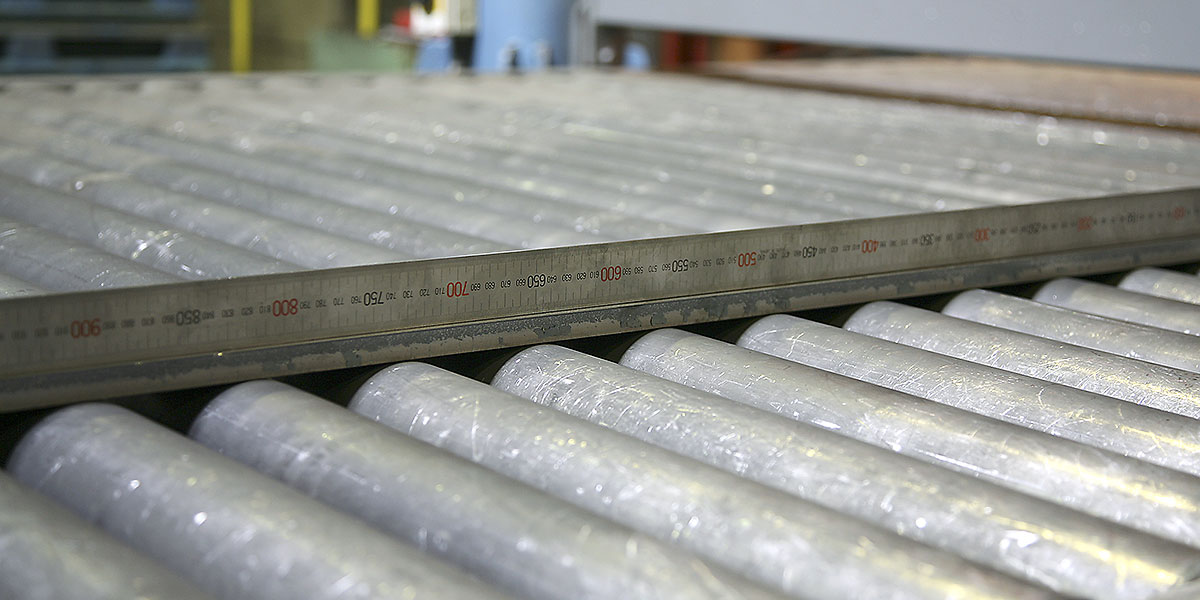Manufacturing Process
Stainless steel grade 440A can be easily machined in the annealed condition. Carbide or
ceramic tooling is recommended for performing machining. Chip breakers enable easy
handling of tough stringy chips. As this steel has the tendency to air harden, welding
is not performed; however if it is required, the steel should be preheated to 260°C
(500°F) and post-weld treated at 732-760°C (1350-1400°F) for 6 h. This is followed by a
slow furnace cooling to avoid cracking.
Grade 440A stainless steel is annealed at 843-871°C (1550-1600°F), followed by very slow
furnace cooling. For performing hot working, the materials needs to be preheated to
760°C (1400°F) and then slowly increased to 1038-1204°C (1900-2200°F) before proceeding.
The material should then be cooled slowly after working and once again cooled at room
temperature. Finally it must be annealed fully. This material should not be heated below
927°C (1700°F).
For performing tempering, grade 440A should be soaked at 148°C (300°F). Similarly for
hardening, the material should be heated slowly to 760°C (1400°F), then soaked at 1010°C
(1850°F), finally air or oil cooled.
Applications
Grade 440A stainless steel is widely used in the following applications:
Cutlery
Bearings
Gage blocks
Molds and dies
Valve components
Turbine components
Medical instruments
Aircraft structural parts
Knives and measuring instruments

More Products
440C Stainless Steel
Grade 440C SS is a high carbon martensitic SS with strength, corrosion resistance, and wear resistance.
446 Stainless Steel
Grade 446 SS is a ferritic, non-heat treatable SS that has good resistance to temperature oxidation and corrosion.
301 Stainless Steel
301 stainless steel is an austenitic stainless with excellent corrosion resistance.